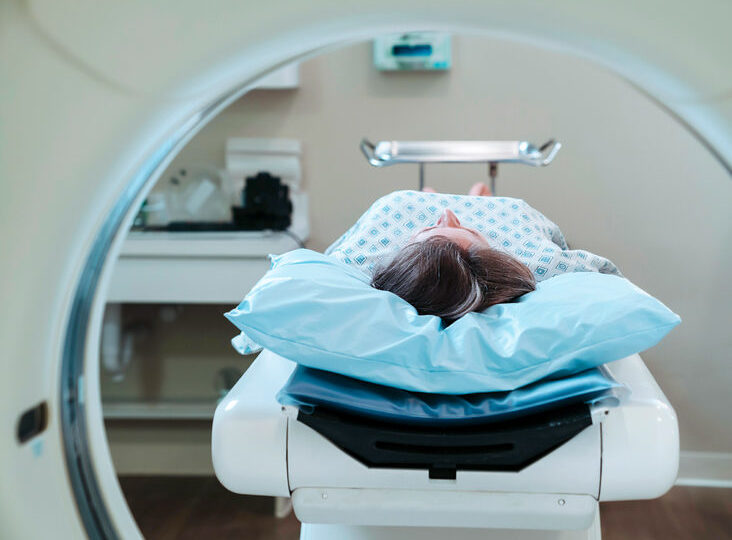
3 Reasons Why You Might Need An MRI Scan In Orlando
Magnetic resonance imaging, or MRI scan, is a medical imaging technique that employs magnetic fields and radio waves to produce detailed pictures of the body. An MRI scan may be recommended for a variety of reasons. It can provide excellent details about anatomical structures and detect abnormalities in the body. Depending on the individual, there are many reasons why you might need an MRI scan, such as damaged nerves, torn muscles, or tumors. An MRI is also helpful in detecting early signs of cancer and other diseases in people who are at high risk of developing them due to genetic factors or environmental exposures such as smoking, heavy drinking, and obesity. Read on to learn more about why you might need an MRI in Orlando, FL.
Getting An MRI
Before you go ahead and get an MRI, you need to understand a few basics. First and foremost, an MRI scan is completely safe. However, there are a few things you should be aware of before going for an MRI scan. For one, you should not get an MRI if you are pregnant as it can pose a risk to your unborn baby. Also, if you have certain implanted medical devices, such as a pacemaker or an insulin pump, an MRI scan could pose a risk to your health. Another thing to be aware of is that you need to remove all metal objects from your body before the MRI scan. To learn more about MRIs before you get the procedure or to schedule an appointment, talk to the experts at Emery Medical Solutions. It could help to answer any queries you might have about MRIs and what to expect.
Tumors
Most tumors are harmless and do not cause any symptoms. However, occasionally you may feel a lump growing in your body. An MRI scan can provide detailed images of the whole body, including the internal organs. This makes the MRI a useful tool for finding and diagnosing tumors. A tumor is essentially an abnormal growth of cells, so MRI can be used to identify any abnormal tissue growth in the body.

Sports Injuries
MRI is often used to diagnose and assess sports injuries, particularly injuries to the knee, shoulder, ankle, and foot. It can be used both to diagnose injuries and to evaluate the healing of injuries. In particular, MRI can be very helpful in diagnosing sprains, tears, and other soft tissue injuries. MRI is also helpful in diagnosing and evaluating shoulder injuries, such as rotator cuff tears, impingement, shoulder instability, and joint breakdown.
Bone Diseases
MRI is often used to diagnose and monitor bone diseases such as arthritis, fractures, and bone infections. It can provide excellent detail of the bones, joints, and soft tissues of the foot. It can also be used to evaluate the soft tissue around joints, such as the knee, shoulder, and hip. MRI has become an important diagnostic tool for a variety of bone diseases and disorders. MRI is particularly useful for evaluating spinal problems, such as sprain or tear of the ligaments surrounding the spinal cord. It may also be used to diagnose bone problems such as a bone tumor or bone infection. MRI is particularly useful for the evaluation of the pelvis and sacroiliac joint in patients with back or hip pain.









